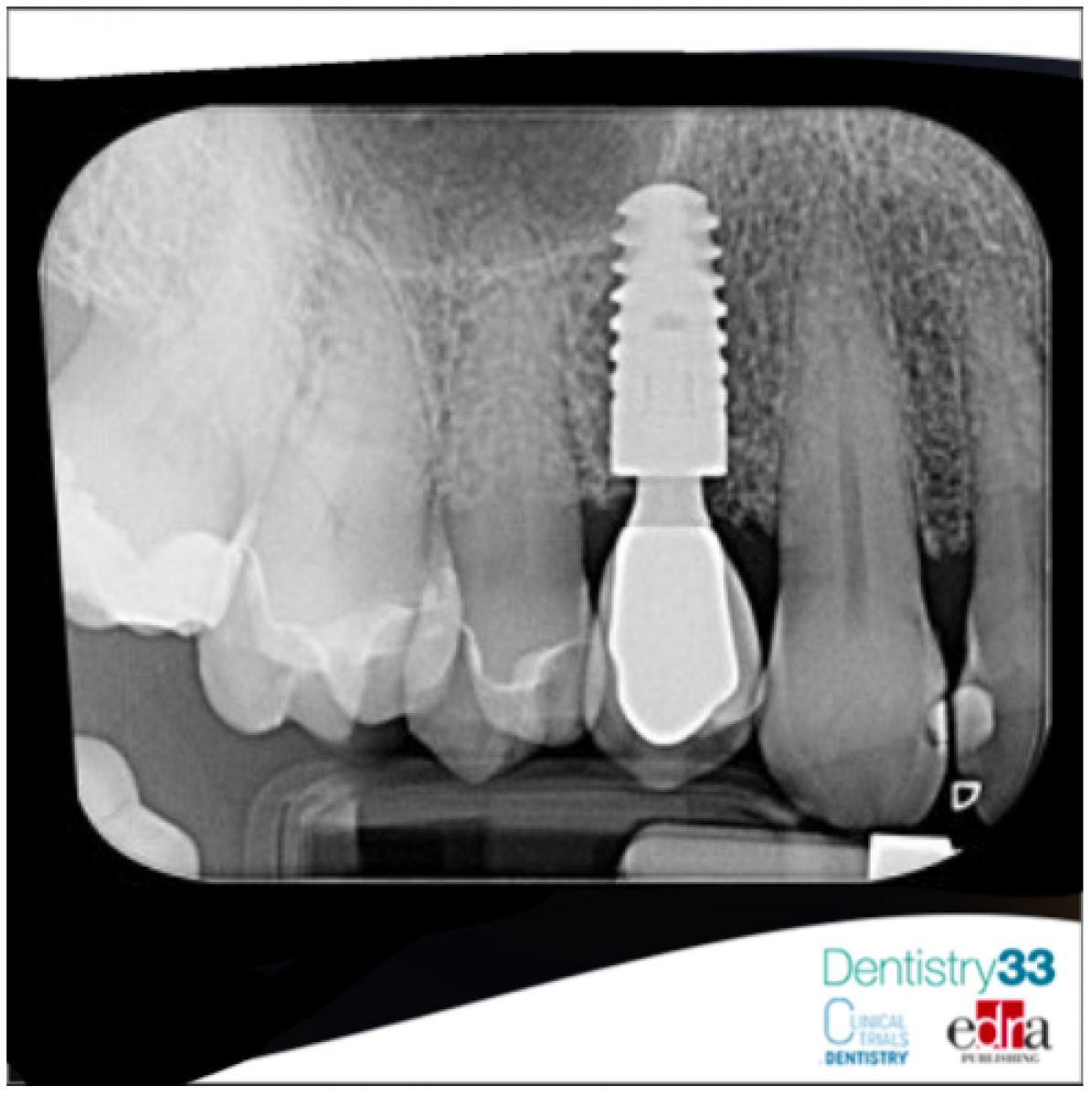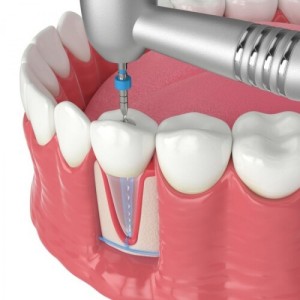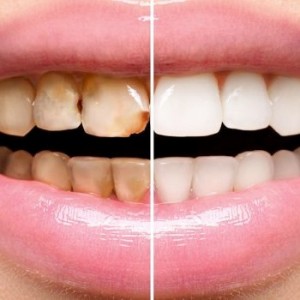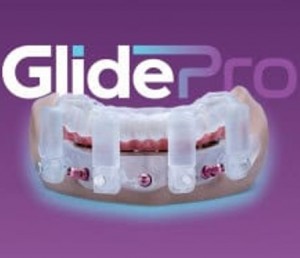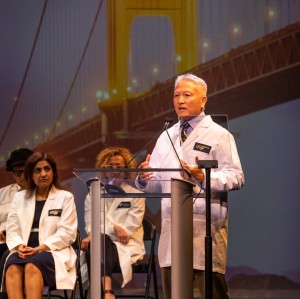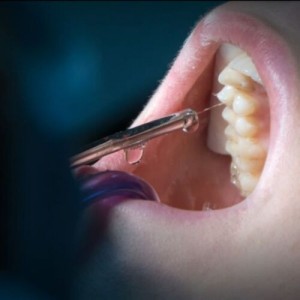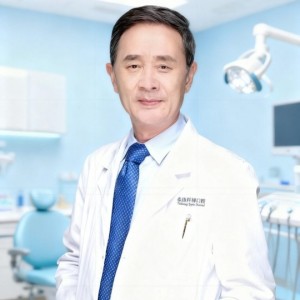
Dental implants in organ transplant patients
Lara Figini
At present, the number of patients who come to the dental clinic and who have undergone organ transplants is always increasing. In 2015, there were more than 3200 transplantations in Europe,
among which 61.46% concerned kidneys and 23.52% liver.1 A significant group of those patients requires dental rehabilitation; since in the course of preparations for the procedure, extraction
of numerous teeth is often enforced by the need to sanitize oral cavity. Many
patients live more than 20 years after transplantation procedures; consequently, the question of life quality related to appropriate functioning of their stomatognathic system is absolutely crucial. The use of titanium implants is currently considered the best method for replacing missing teeth. However, the depressing impact of immunosuppressive drugs given to patients after organ transplant until the end of their life is commonly known and well established. For many years, it has even been considered that immunosuppression is an absolute contraindication for undertaking implant treatment.
Material and methods
In a clinical study, published on Implant Dentistry, October 2019, the authors performed a functional and aesthetic evaluation of implant-prosthetic treatments in patients undergoing immunosuppressive treatment after organ transplants. The study involved a group of 21 patients on immunosuppressant therapy after transplant procedures. A total of 24 implants were placed in this experimental group. The control group included 15 subjects with 15 implants placed. The research protocol involved replacing a single missing tooth with a titanium implant. After 4 months, prosthetic rehabilitation with single crowns was carried out. After 24 months the preliminary treatment evaluation was performed. The main parameter calculated was the crestal bone level (CBL). A mechanical evaluation and objective measurement of the implant stability was also performed.
Results
The median measurement of CBL crestal bone level in the experimental and control groups was found to be 0.325 mm (min 0 - max 0.95) and 0.5 mm (min 0.15 - max 1.8), respectively. Comparison of the CBL medians revealed a lack of significant differences between the experimental and control groups (P ¼ 0.089).
Conclusions
From the data of this study, which must be confirmed in other similar studies, it can be concluded that patients with organ transplants can safely and effectively undergo dental implant treatment.
Clinical implications
The results of this study should become a significant contribution to further research of the group of patients submitted to immunosuppressive treatment, also for reasons other than transplantation. The subsequent acquisition and confirmation of comparable results among those people as well shall give opportunity to improve life quality of a vast group of patients.
For additional information: Osseointegration of Dental Implants in Organ Transplant Patients Undergoing Chronic Immunosuppressive Therapy
 Related articles
Related articles
Kuraray Noritake Dental Inc., a global leader in dental material innovation, today launched KATANA Zirconia ONE For IMPLANT at Dentsply Sirona World (DS World).
Implantology 02 October 2025
Proper implant treatment planning remains the first priority for implant success. Dental imaging is an important tool to accomplish this task.
This systematic review aimed to provide an overview of zirconia implants as well as regarding the outcome of the implant-restorative complex in preclinical studies.
Products 11 September 2025
New GlidePRO Stackable Surgical Guide System Streamlines Full-Arch Implant Cases
Glidewell’s latest offering provides crown-down planning, personalized support and same-day provisionalization to support All-on-X procedures.
Implantology 02 September 2025
Innovation in dentistry: a study on the development of the dental implants industry
Numerous professions face similar technological challenges. In the field of dentistry, specifically, replacing missing teeth has always been a formidable obstacle.
 Read more
Read more
Editorials 10 October 2025
With proud smiles and crisp white coats, ninety-three learners from the DDS Class of 2029 and the International Dentist Pathway Class of 2028 marked the start of their dental careers at the UCSF...
Periodontology 10 October 2025
Continuous professional development (CPD) in Periodontology refers to the overall framework of opportunities that facilitate a life-long learning practice, driven by the learner-practitioner and...
TheraBreath, the #1 alcohol-free mouthwash brand in the U.S.*, has introduced a new line of dentist-formulated, clinically tested toothpastes designed to support professional oral care...
News 10 October 2025
New officers and trustees were installed at the Minnesota Dental Association’s Leadership Conference on September 19 in Minneapolis.
News 10 October 2025
Smartee Denti-Technology today announced that Professor Gang Shen, its Chief Scientist and Executive President of TaiKang ByBo Dental, has once again been named to the World’s Top 2% Scientists...


